Equine rotavirus infection
This review briefly describes the virus classification, clinical signs, epidemiology, diagnosis, disinfection, and vaccines related equine group A rotavirus (RVA) infection. Equine RVA is one of the most important pathogens causing diarrhoea in foals. The main transmission route is faecal–oral, and the clinical signs are diarrhoea, fever, lethargy, and anorexia (decreased suckling).
Some human RVA rapid antigen detection kits based on the principles of the immunochromatographic assay are useful for the diagnosis of equine RVA infection. The kits are used in daily clinical practice because of their rapidity and ease of handling. Equine RVA is a non-enveloped virus and is more resistant to disinfectants than enveloped viruses such as equine influenza virus and equine herpesvirus. Although amphoteric soaps and quaternary ammonium compounds are commonly used in veterinary hygiene, they are generally ineffective against equine RVA.
Alcohol products, aldehydes, and chlorine- and iodine-based compounds are effective against equine RVA. Inactivated vaccines have been used for equine RVA infection in some countries. Pregnant mares are intramuscularly inoculated with a vaccine, and thus their colostrum has abundant antibodies against RVA at the time of birth.
According to G and P classification defined in accordance with the VP7 and VP4 genes, respectively, the predominant equine RVAs circulating in horse populations globally are G3P[12] and G14P[12] equine RVAs, but the vaccines contain only the G3P[12] equine RVA strain. Ideally, a G14P[12] equine RVA should be added as a vaccine strain to obtain a better vaccine effect.
Authors: Manabu Nemoto, Tomio Matsumura
Source: https://www.jstage.jst.go.jp/




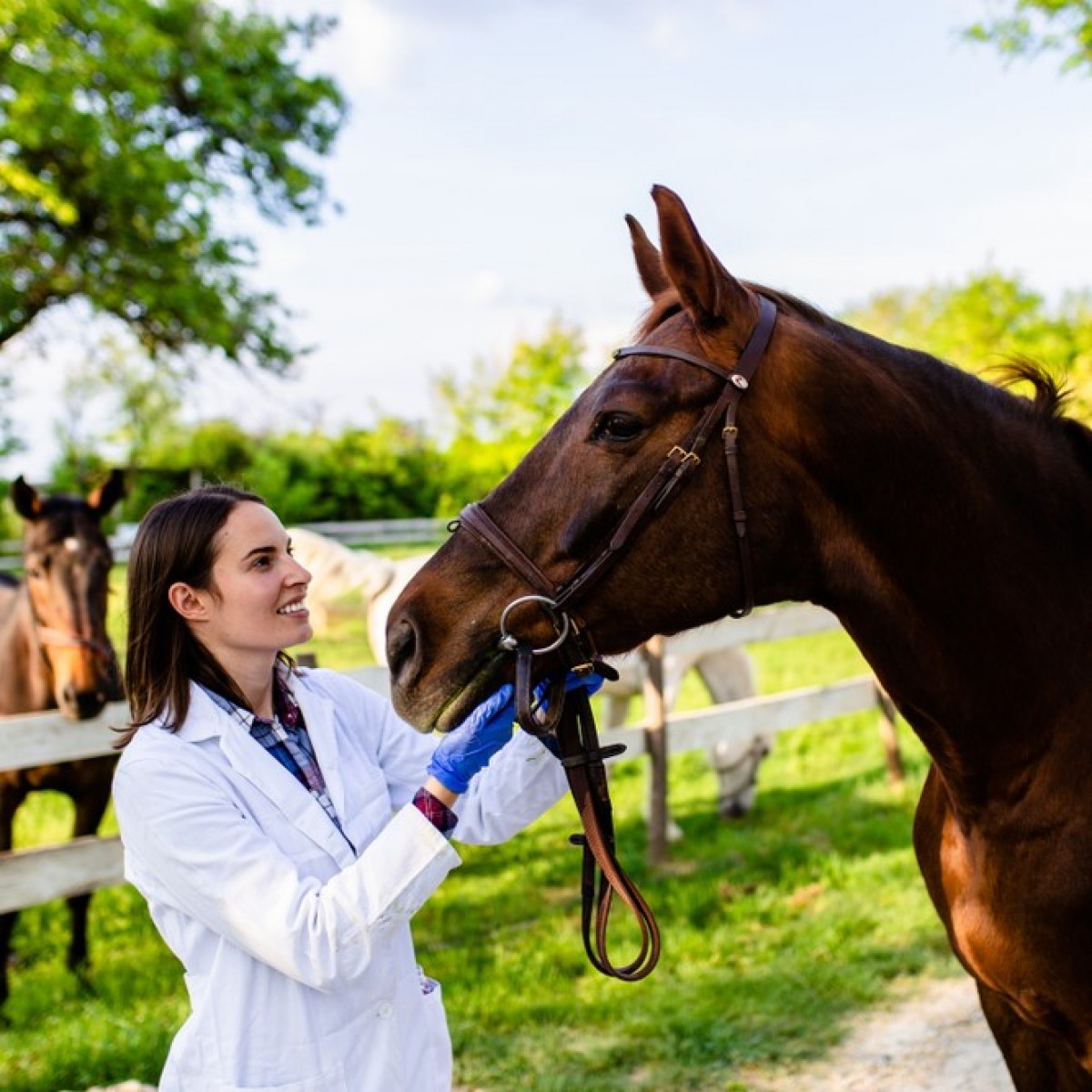

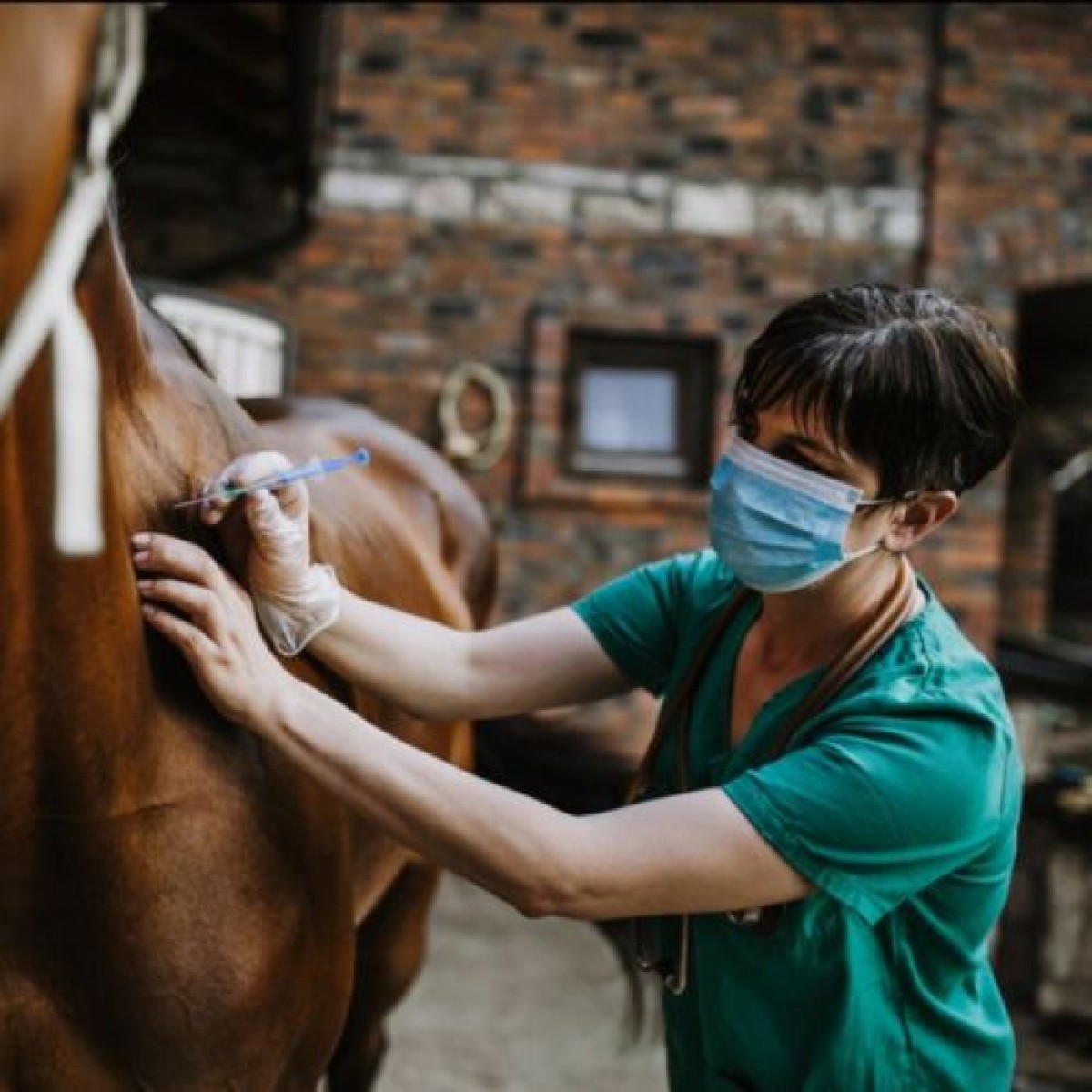

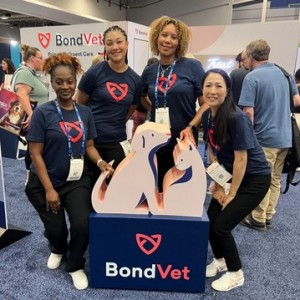
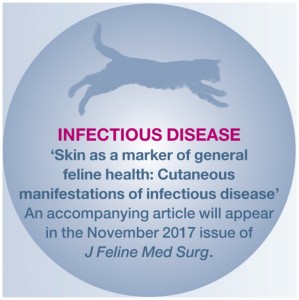
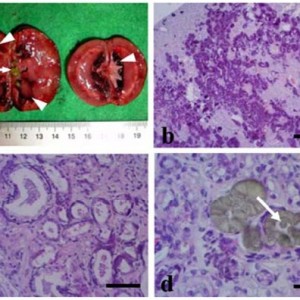
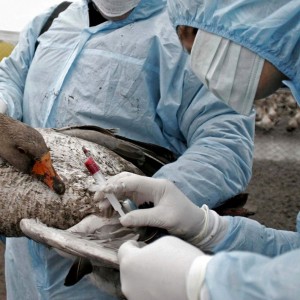

List
Add
Please enter a comment